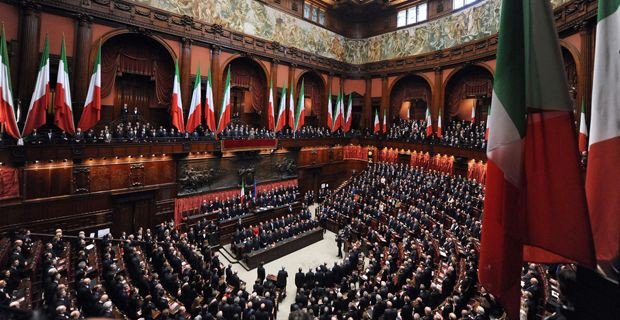Is it a Government’s Blockchain good?

A blockchain is a decentralized platform run by a group of nodes, that validate all transactions. As a platform, blockchain is used by a diversified community of users, each of them holding its own identity based on cryptographic key pairs. The blockchain holds data and runs code in a decentralized manner, without requiring any central authority. No single entity owns the blockchain and therefore it is a shared resource for the whole community. Blockchain uses advanced cryptographic techniques in order to reach consensus between validators. It produces an append-only, potentially transparent, immutable ledger, which determines trust between all parties. Modern blockchains are programmable and can run code in the form of smart contracts, that are executed in an autonomous way once uploaded on the platform. Smart contracts are key to disintermediate processes and services within the community, allowing a trust free ecosystem between service providers, service consumers and all other key players.
Having everyone’s identity managed on a Government’s blockchain could provide huge benefits, like a significant simplification in administrative and legal processes that today require analogic identity verifications. Businesses in every sector (finance, healthcare, insurance) could benefit of this Government’s blockchain in order to execute speed light KYC (Know Your Customers) reducing their costs and allowing customers to have full control of which data they’re providing online about themselves. Citizens and customers could even demonstrate facts without sharing any data, like it is possible with zero-knowledge proofs.
On the other hand, the nature of the blockchain used to manage everyone’s identities should be deeply scrutinized. In fact, a blockchain is as secure as it is decentralized. A blockchain controlled by a centralized Government, even a democratic one, could show important deviations. A democracy, as we know it, can in fact take decisions in a centralized fashion without the ability for the citizens to remove their support before bad decisions are taken. For example, a corrupted or malevolent democracy could fork the blockchain and use information about citizens’ and businesses’ activities that are considered by the elected majority as unlawful and immoral. In order to prevent concentration of power, blockchain governance should be as much distributed as possible, allowing every citizen to choose their representatives in a more liquid way based on single decisions that are taken. Defining the rules for this governance model is critical and we still need to develop a theoretical and practical framework for it. When our understanding will come to maturity, these governance rules will become in fact the new Politics.
To the question in your title, my Magic 8-Ball says:
Hi! I'm a bot, and this answer was posted automatically. Check this post out for more information.
Congratulations @nico1a! You have received a personal award!
Click on the badge to view your Board of Honor.
Do not miss the last post from @steemitboard:
Congratulations @nico1a! You received a personal award!
You can view your badges on your Steem Board and compare to others on the Steem Ranking
Vote for @Steemitboard as a witness to get one more award and increased upvotes!